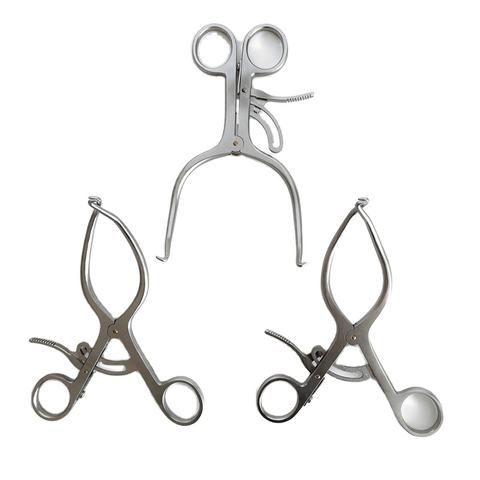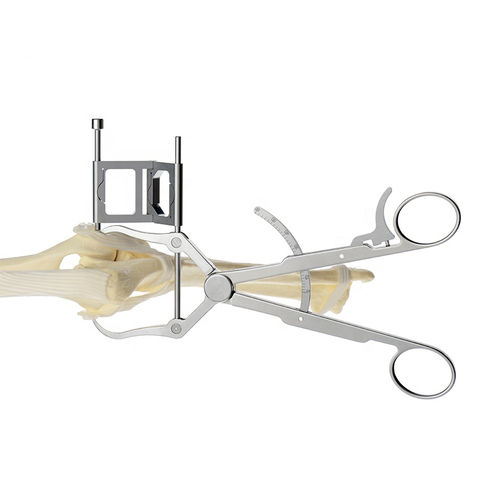Introduction: The Crucial Role of Titanium Alloys in Modern Medicine
In healthcare, the materials used for implants, surgical instruments, and medical devices must meet the highest standards of safety and performance. Titanium alloys have become a cornerstone in the medical field, valued for their strength, biocompatibility, and resistance to corrosion. But what makes titanium alloys so essential in medicine?
Titanium alloys are widely used in the medical field for implants, prosthetics, and surgical tools due to their biocompatibility, durability, and lightweight properties. These characteristics enable patients to experience better outcomes and long-lasting solutions for medical needs.
In this article, I’ll explore the primary applications of titanium alloys in medicine and why they are considered a game-changer in modern healthcare.
Why Are Titanium Alloys the Preferred Material for Implants?
Titanium alloys are the leading choice for medical implants due to their ability to integrate with human tissue and their unmatched durability. Their biocompatibility ensures a safe and effective solution for patients.

Advantages for Implants:
• Osseointegration: Titanium alloys bond naturally with bone, providing stable, long-lasting implants.
• Durability and Longevity: Their strength allows implants to withstand the stresses of daily use, reducing the need for replacements.
I’ve seen how titanium alloys enhance the success of procedures like joint replacements and dental implants, providing patients with reliable and long-term results.
How Do Titanium Alloys Benefit Prosthetics?
Prosthetics require materials that are lightweight yet strong enough to handle everyday use. Titanium alloys provide the perfect balance, ensuring comfort and functionality for users.
Advantages for Prosthetics:
• Lightweight Design: Titanium’s low weight reduces strain, making prosthetics easier to wear and maneuver.
• Enhanced Durability: Its strength ensures that prosthetics remain functional even under constant stress and movement.
For patients requiring prosthetics, titanium alloys offer comfort and reliability, allowing them to regain mobility and independence with confidence.
Why Are Titanium Alloys Essential in Surgical Instruments?

Surgical tools must be durable, corrosion-resistant, and lightweight to ensure precision and ease of use during procedures. Titanium alloys meet these requirements exceptionally well.
Advantages for Surgical Instruments:
• Corrosion Resistance: Titanium instruments maintain their integrity even after repeated sterilization and exposure to bodily fluids.
• Improved Precision: Their lightweight nature reduces hand fatigue for surgeons, enabling greater accuracy during long procedures.
In my experience, titanium alloy instruments have elevated surgical outcomes by providing reliable tools that perform consistently, even under demanding conditions.
How Are Titanium Alloys Used in Cardiovascular Devices?
Titanium alloys are commonly used in devices such as pacemakers and stents, where biocompatibility and strength are critical for patient safety and performance.
Advantages for Cardiovascular Devices:
• Non-Toxic and Biocompatible: Titanium alloys ensure compatibility with body tissues, reducing the risk of adverse reactions.
• Long-Term Performance: Their corrosion resistance and strength make them ideal for devices that remain in the body for extended periods.
With titanium alloy cardiovascular devices, patients can enjoy improved health and reduced complications, thanks to the material’s superior performance and safety.
How Do Titanium Alloys Improve Orthopedic Applications?
In orthopedics, titanium alloys are widely used for plates, screws, and rods that stabilize fractures or correct deformities. Their strength and ability to integrate with bone make them ideal for these applications.
Advantages for Orthopedics:
• Strong and Reliable: Titanium components provide stability and support during bone healing and recovery.
• Promotes Bone Growth: Their compatibility with bone tissue encourages natural healing and reduces recovery time.
For orthopedic applications, titanium alloys have proven to be a reliable choice, offering patients faster recovery and improved mobility post-surgery.
How Are Titanium Alloys Contributing to Medical Innovation?
Beyond their current applications, titanium alloys are driving innovation in fields like bioengineering and regenerative medicine. Their versatility opens doors to new possibilities for advanced medical solutions.
Advantages for Innovation:
• Customization with 3D Printing: Titanium alloys can be used in 3D printing to create patient-specific implants and devices.
• Support for Regenerative Medicine: Titanium scaffolds are being developed to aid in tissue regeneration and bone repair.
I’ve seen how titanium alloys are paving the way for groundbreaking advancements in medicine, offering new hope for patients with complex medical needs.
Claim: Why Titanium Alloys Are Vital in Medicine
Titanium alloys provide unmatched biocompatibility, strength, and versatility, making them indispensable in the medical field. Their applications in implants, prosthetics, surgical tools, and innovative technologies continue to transform patient care and improve outcomes.
Conclusion: Why Titanium Alloys Lead in Medical Applications
From implants and prosthetics to surgical instruments and innovative devices, titanium alloys have become a cornerstone of modern healthcare. Their unique properties ensure durability, safety, and effectiveness, meeting the highest standards of medical care.
For me, the use of titanium alloys in medicine represents a remarkable blend of science and innovation. These materials have revolutionized patient outcomes and expanded the possibilities for what medical technology can achieve. For healthcare professionals and patients alike, titanium alloys are a testament to the power of advanced materials in improving lives.






